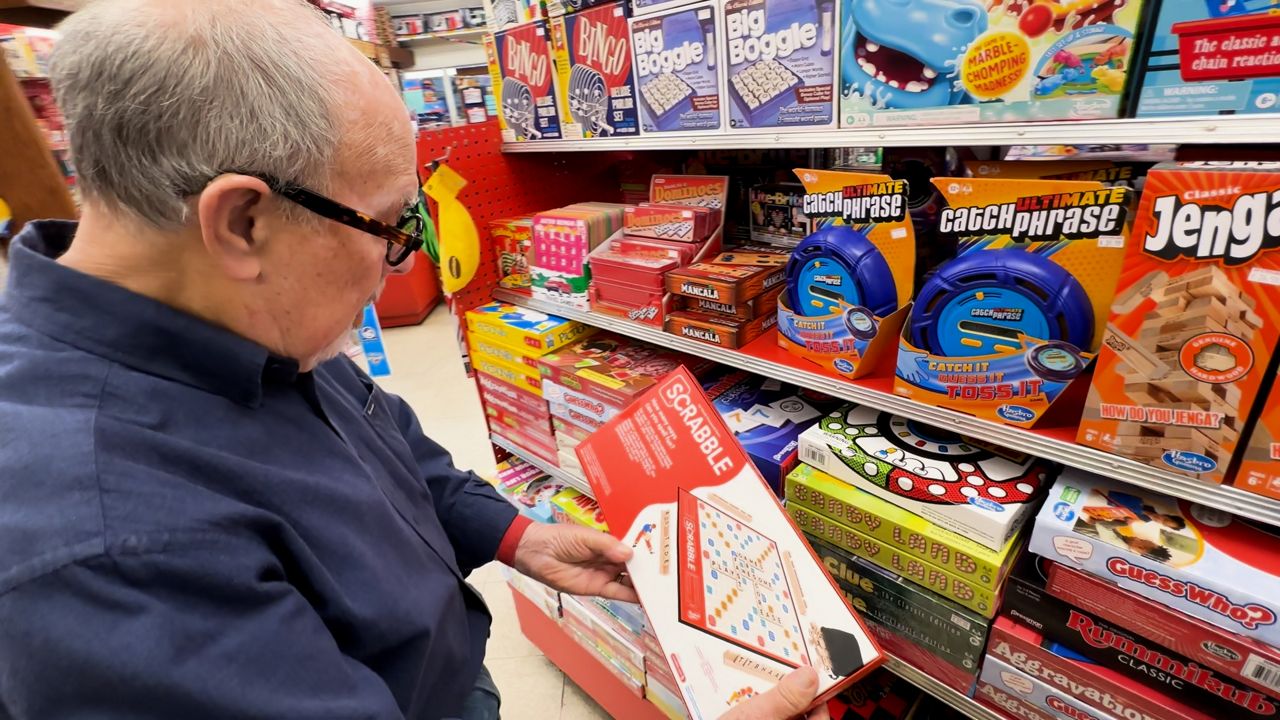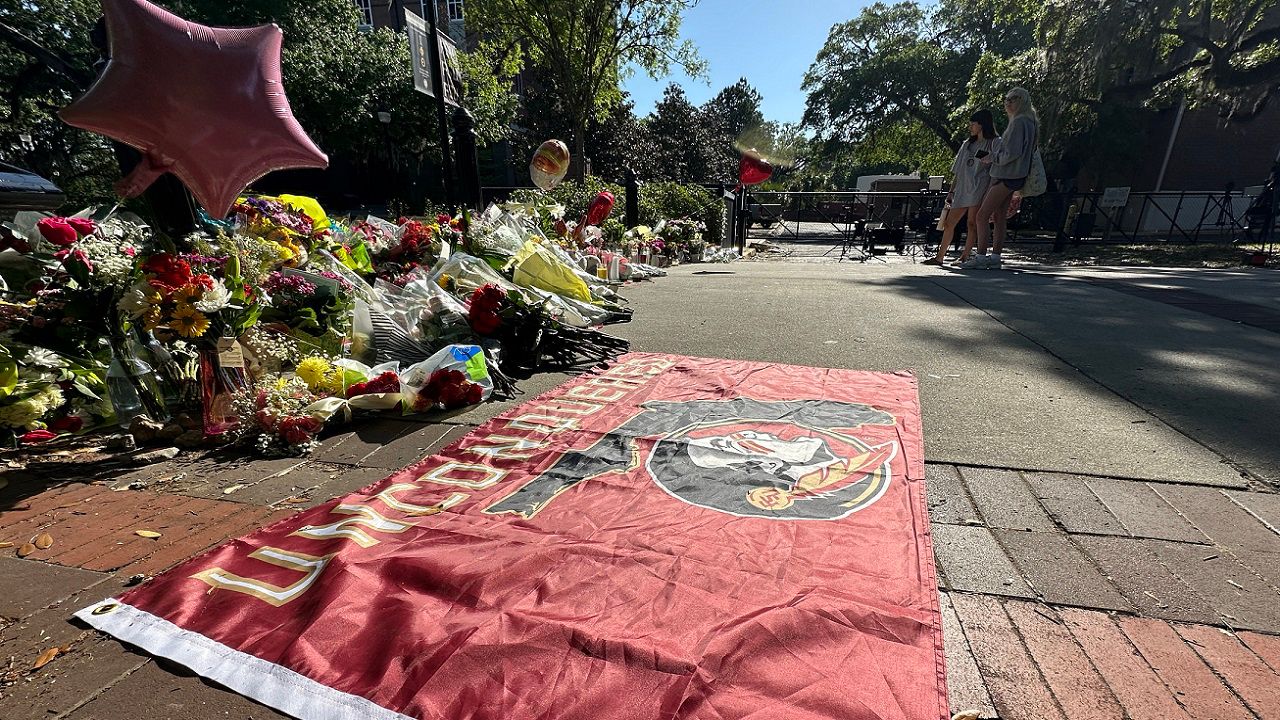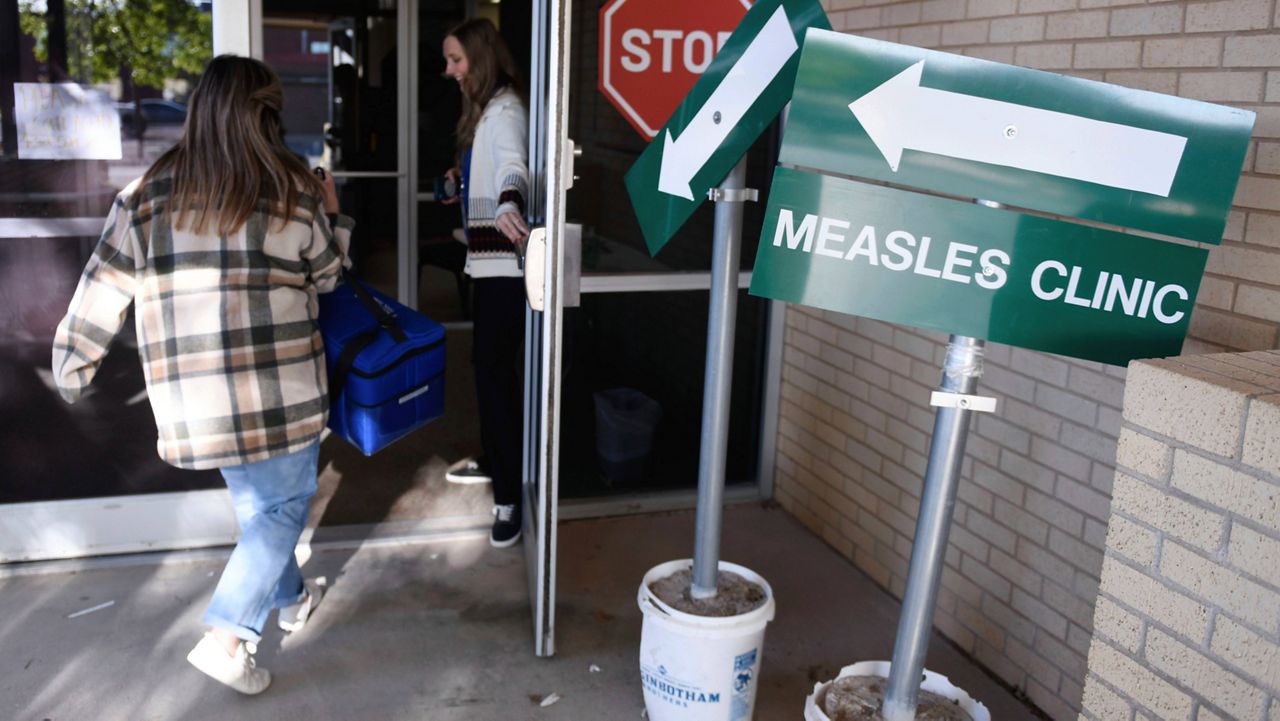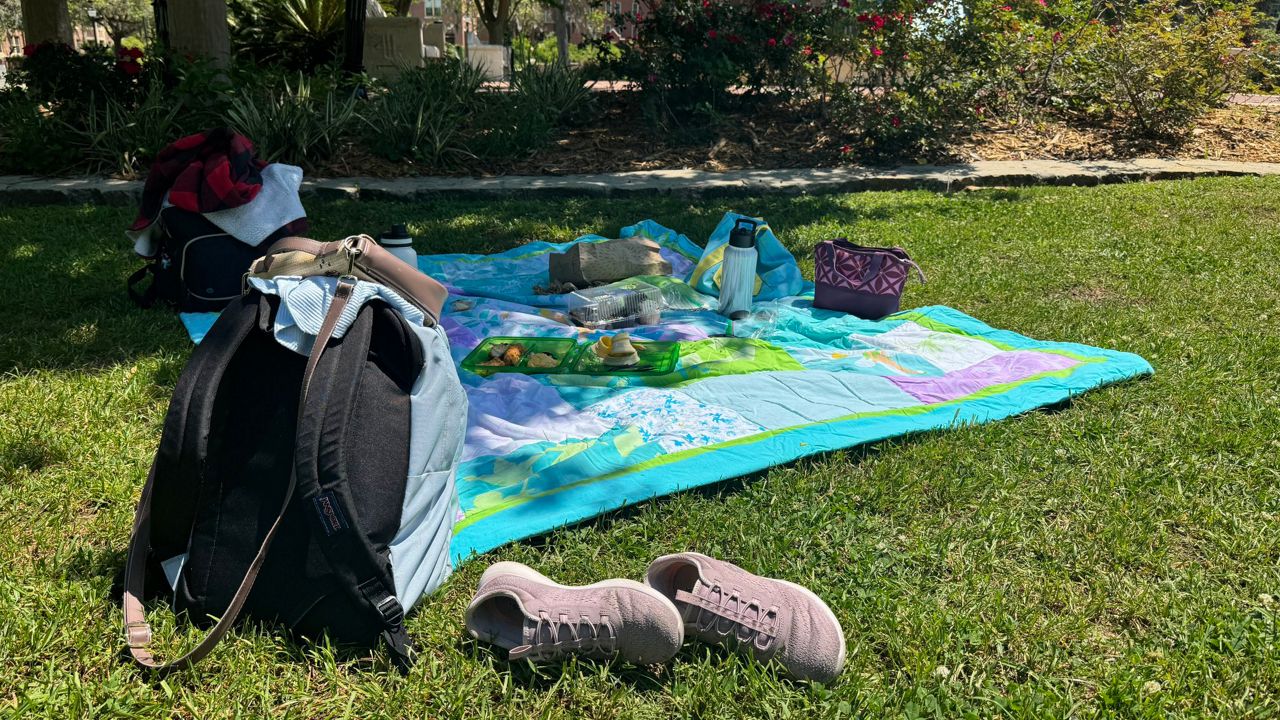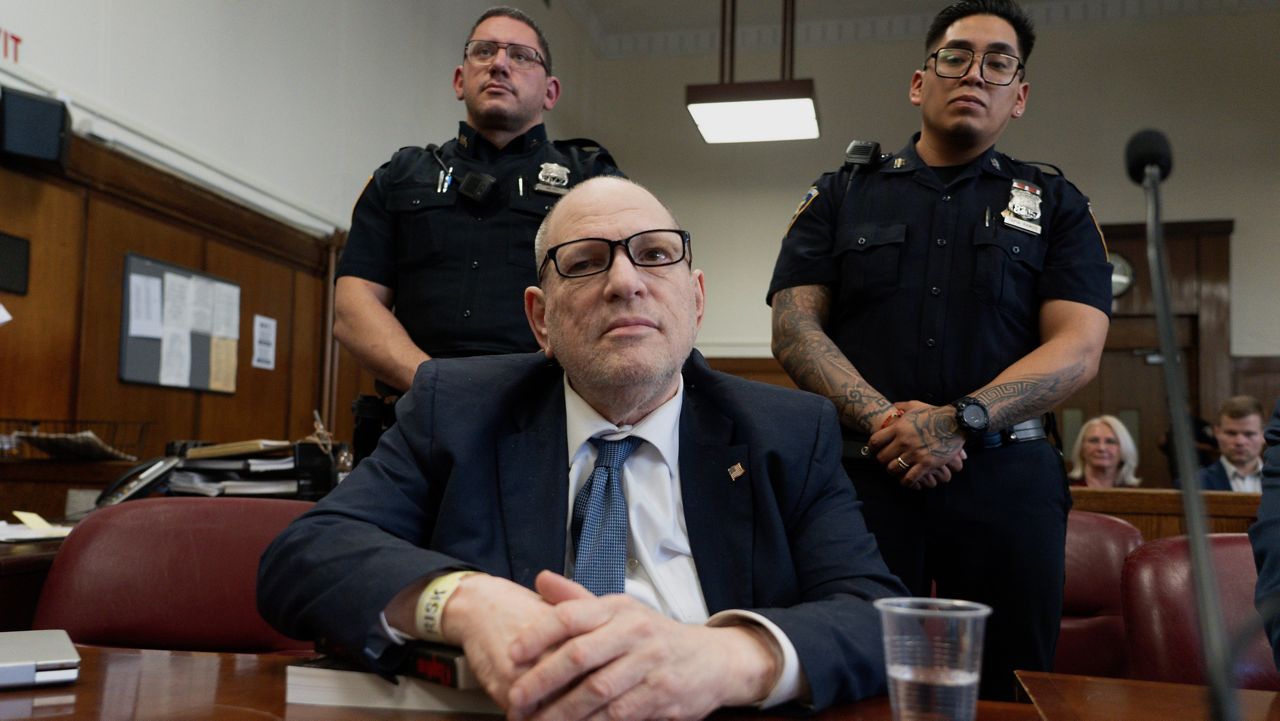LOS ANGELES — Southern California is synonymous with wildfires, with several of them causing major damage over recent years.
The 2018 Woolsey Fire damaged more than 1,600 structures, leaving many displaced for months and even years.
Victims of the Palisades and Eaton fires are left wondering what comes next and what steps they may need to take in order to achieve some sense of normalcy again.
Diane Brosh and her husband live in Agoura Hills, an area that was severely impacted by the Woolsey Fire. Her home suffered significant damage.
“For me it was traumatic,” Brosh said. “Our neighbor was here. She went inside, and I asked her to walk me through and explain everything that she saw, so that I wouldn’t be shocked when I got in.”
All that remained in the house were two windows in the master bedroom. While dealing with the shock of being displaced and staying in a hotel for months, she wanted to try to figure out how to try to begin the path of getting back to normal.
“I called my good friend, and said ‘what do I do?’” Brosh said. “And she said, ’well, let’s go buy some underwear,’ cause we had lost all our clothes.”
While rebuilding their home, Brosh and her husband tried to implement as many fire safety elements as they could.
A report by UCLA suggests victims of the recent fires who will have to rebuild their houses should follow some guidelines, such as using metal roofing, using more fire-resistant building materials, not using particularly flammable plants and trees on the property, and stricter guidelines on clearing brush from around the home.
Maliby Mayor Doug Stewart has seen three major fires impact the city since he was elected in 2022. He said the lessons learned from past wildfires have served as lessons on how to proceed from the Palisades and Eaton Fires.
“To some degree, we were fortunate to be unfortunate,” Stewart said. “We had the Woolsey Fire in 2018. That taught us a lot of lessons about what it takes to get a city back on its feet, and that includes rebuilding, it includes repopulation. So we are trying to take those lessons learned and apply them here.”
Brosh has some words of advice for the thousands of people who have been displaced after losing their homes this month.
“Take a breath, try to stay calm. Things will kind of fall into place,” she said. “Get a lot of support, whether it’s just emotional support and also professional support.”







